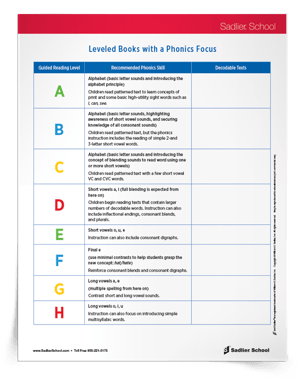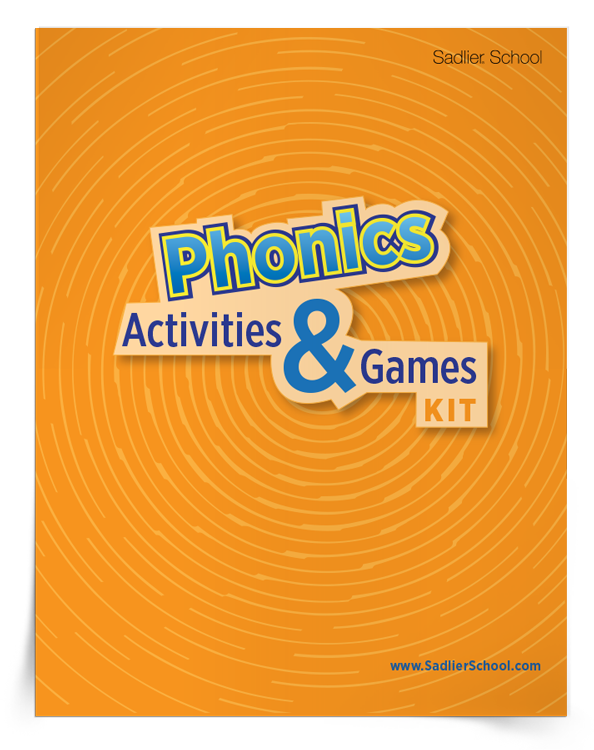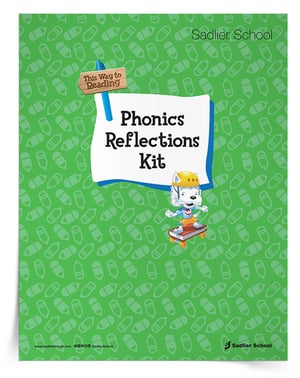After instruction and modeling, teachers and students should work together to apply this sound-spelling pattern to decode new words. After a period of guided practice, students should be given ample, supported opportunities for independent practice. Students need multiple, varied opportunities to practice what they are learning to achieve mastery. Independent practice opportunities to review and practice new skills can take many forms, all opportunities, however, should support a students’ abilities to decode or encode (write a letter that matches a sound) in authentic contexts.
Ineffective use of the gradual release model through insufficient opportunities for independent practice is a common instructional pitfall that can undermine readers’ abilities to achieve mastery of letter-sound relationships. Independent practice opportunities must be given intentional and frequent time and space. When teachers over-model application of a sound skill (for example by having students simply “parrot” or repeat activities), readers are unable to do the necessary thinking required in a lesson that would support mastery and growth.
Fun and Varied Independent Phonics Practice
Independent practice activities should be varied and fun to foster engagement and excitement. Some opportunities may include:
- Decoding through word building or word sorts
- Blending activities that allow students to flexibly manipulate sounds
- Elkonin boxes where students must sound out phonemes
- “Change the Word” where students must isolate individual phonemes to make new words (such as “hat” into “hot”)
- “Eat Your Words”: An Elkonin box with a twist where students touch or tap a small snack such as a cheerio and say each individual phoneme. When they can blend all the phonemes (or snacks!) together they can “eat the word!”
- Frequent spelling and dictation of words and phrases in isolation, as well as holistically through targeted writing prompts
- Repeated readings of familiar decodable texts
- Creation of a “sound wall” to practice articulation and cement “sound mapping” of correct letter-sound relationships
- Word and picture puzzles that ask students to either spell a word letter by letter to match a picture or blend a word to match a picture
“Independent practice” as a phrase, however, can be a bit of a misnomer. Readers should not be left completely to their own devices during this instructional phase and teachers should not be complacent. The role of a teacher during this application period is to offer active support through thoughtful and targeted individual or small group conferring. Teachers should listen to readers and talk with them as they progress through an activity. As they listen, they should look for strengths that they can reinforce. Common difficulties for students include: remembering certain letters or words, sound-spelling relationships, have trouble with high-frequency words. Here are some solutions to support students learning.
Teachers should not only target struggling readers, but any reader who may be trying on manipulation of new sound-spelling patterns. Imperfect practice can lead students to ineffectively map sounds to letters that represent the correct sounds in words. Without corrective feedback, students may begin to misapply or mislabel sound-letter relationships.
Students must be given strategic chances to try the “heavy lifting” of reading. Independent practice offers an opportunity during which early readers can independently apply sound mapping in authentic and meaningful activities. Research has proven that readers progress much more rapidly in their mastery of phonics skills when most of their instructional time is spent authentically applying phonics skills in reading and writing. Independent practice opportunities are essential to support this application!
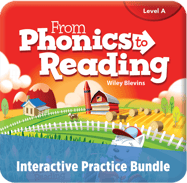 Explore an Interactive Practice Bundle that will bring independent practice into the classroom and home. This new online collection of student and teacher resources to help students develop their decoding, encoding, and reading comprehension skills independently can be used with any literacy program.
Explore an Interactive Practice Bundle that will bring independent practice into the classroom and home. This new online collection of student and teacher resources to help students develop their decoding, encoding, and reading comprehension skills independently can be used with any literacy program.
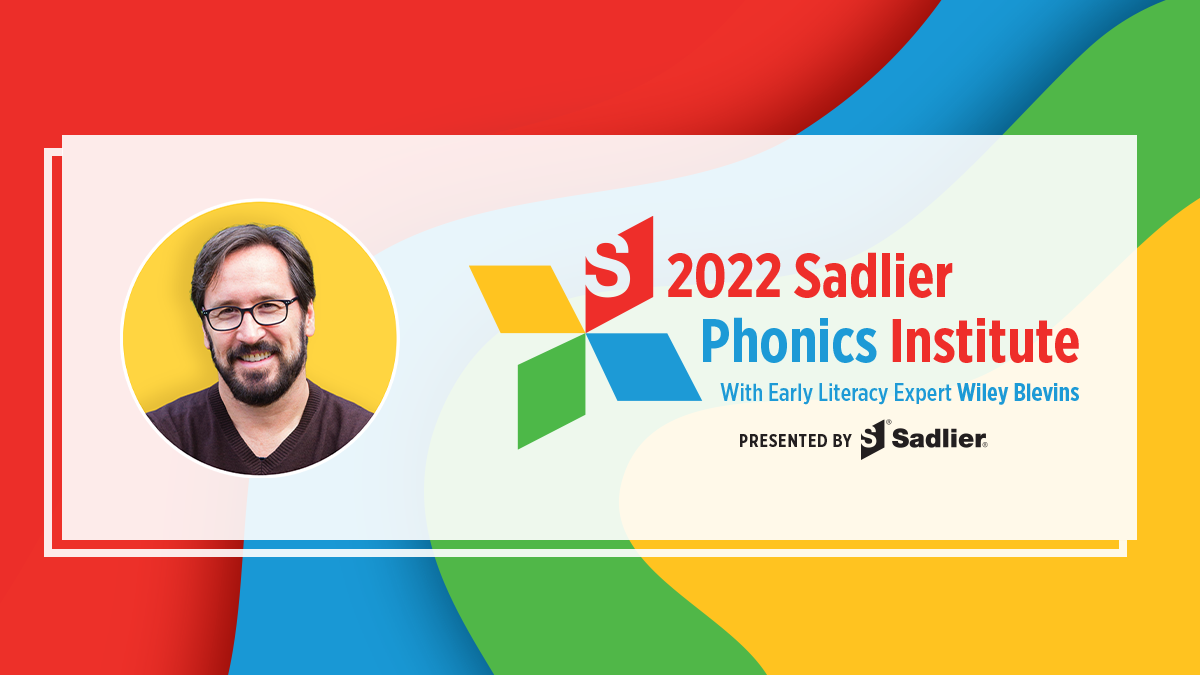

Incorporating independent practice into a classroom’s daily routine can have a profound impact on reading achievement. Students need multiple, varied opportunities to practice phonics skills to achieve mastery as a reader. Thoughtfully structured independent practice opportunities are just the way to support all readers on their road to reading independence!
Bonus Phonics Resources
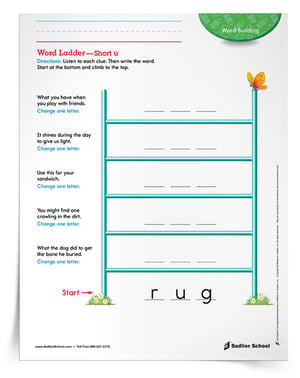
Word Ladder Activity
|
Leveled Books with a Phonics Focus
|
|
Phonics Activities & Games Kit
|
Phonics Reflection Kit
|

